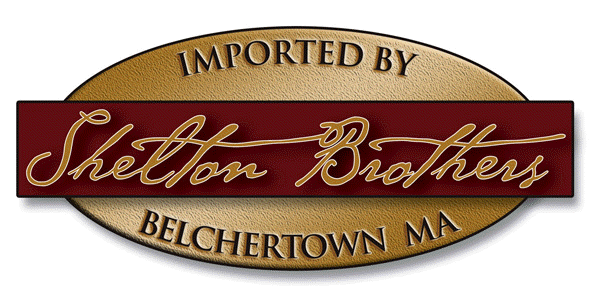Venerable import and distribution company Shelton Brothers, of of Belchertown, Massachusetts, has been invaluable to beer lovers across the United States. They have been visionary in their quest to bring us the finest beers from Belgium since way before Belgian was cool. If you’ve enjoyed a Cantillon, Dieu du Ciel or Mikkeler and you don’t have a passport, you have the Sheltons to thank.
Now, Shelton Brothers can claim yet another accolade: stalwart defenders of the New York State Constitution.
We New York residents are thankful that, in 2006, upon being refused State Liquor Authority approval to distribute six English Christmas beers due to (admittedly absurd) label art issues, Shelton Brothers took a deeper look at New York Liquor tax law and noticed a chance to save us from a harrowing miscarriage of constitutional justice. Being the good corporate citizens that they are, the Brothers immediately filed a lawsuit stating that the excise tax exemption on New York breweries violated the constitution of the Empire State.
It works like this. Each brewery generally brews a range of beers, for example, a lager, an IPA, and a porter. In addition to that, a brewery might produce multiple one-offs and seasonal beers over the course of a year. This line extension is vital to keeping things interesting to drinkers, responding to trends within the mercurial craft beer industry with agility, and growing a beloved brand. Each of those individual beers has to be registered with the SLA (State Liquor Authority, not the goons who jacked Patty Hearst). Until now, out-of-state brewers were subject to an excise tax of $150 to register a beer for sale in New York, whereas small brewers within the state were exempt.
Going way beyond its originally claimed purpose of getting SLA approval to pimp their beers with Santa cartoons on their label, the Shelton Bros lawsuit went after this tax exemption. Guess what? They won. Now every small New York Brewer will pay a fee that’s currently $150, and unlikely to ever decrease, for each individual beer registered for sale, regardless of whether the batch size is 10,000 barrels or 10 barrels. Or less.
What does that mean for New York Brewers? Their costs have just skyrocketed. Coupled with the rapid pace of industry expansion, a whitewater current breweries must keep pace with in order to remain viable among their competitors, breweries could face extra costs in the tens of thousands of dollars, just to be allowed to bring their beer to market in the bar down the street or, for that matter, in their own retail rooms. This might not be too worrisome for big guys like Genesee and F.X. Matt, but it could slaughter brewpubs and small breweries, making remaining open an unattractive business decision for some and possibly discouraging new startups.
It could also force a shift away from creativity as brewers shy away from the cost of expanding their lines. This would force New York State into permanent second tier status in the beerosphere even as Senator Charles Schumer trumpets his “New York Farm Brewery” bill designed to reward our great breweries for using our great agricultural products in their great beers.
So who ultimately loses? If you guessed “The New York State Beer Drinker,” you got it in one. Breweries can’t afford not to expand, so they’ll just pass the cost on down to li’l ol’ you. Congratulations, your pint just got more expensive. How much damage to your wallet remains to be seen.
But who ultimately wins? Well, a great deal of finger exercise can be gained by pointing at the SLA who, according to Shelton Brothers Principal Dan Shelton, already charges the most egregious tax on out-of-state beers in the nation. They stand to rake in a ton of extra revenue as they put the smackdown on hundreds of small beers, but, technically, abiding by the constitution is their duty as a state agency.
More than a small amount of scrutiny has to fall on the lawsuit initiators themselves. Shelton Brothers just checkmated an entire State’s worth of growing breweries competing with his line of imports for tap and shelf space. Since New York State happens to contain New York City, that’s a huge market advantage. It’s enough to give the impression that, just possibly, this suit wasn’t really ever about throwing a tantrum because four beer labels got rejected.
One of the great things about the craft beer community was its closeness and communicative nature, and the sentiment that the most vicious competitive practices were reserved for use against the giant multinational gigabreweries. It’s a sad sign of the maturation of the industry that those holds are no longer barred.
Fortunately, New York State beers are better than ever, and, even if you’re a lover of the Belgian beers Shelton Brothers import, perhaps this would be a good time to make a conscious decision to reach for, say, an Ommegang instead of a brand out of their portfolio. I used to love its tartness, but, for me, Cantillon has never tasted so sour.

